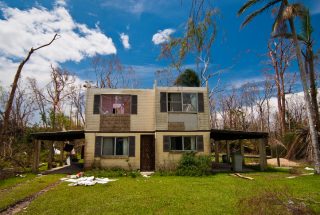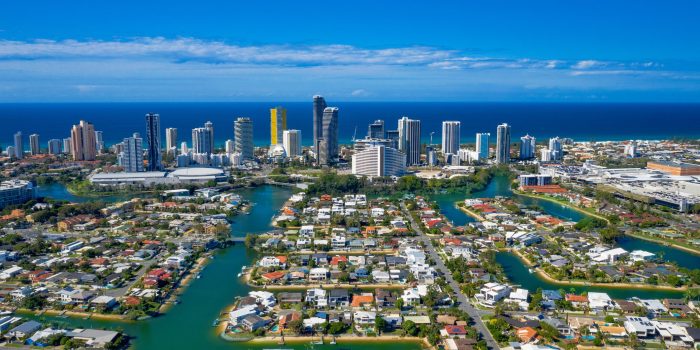Motel operators who had an “overly optimistic view” of their capacity to meet loan repayments and of Suncorp’s willingness to forgive, have resisted the bank’s recovery action with allegations of unconscionable conduct in refusing to capitalise arrears during default periods throughout a 10 year loan term.

But further discussion with their local Suncorp business banking manager, Christopher Bath, won them approval on the specific condition that the $400,000 commercial loan element of the package be repaid within six months. The other component of the loan was a $1.25 million term credit facility repayable in 10 years, interest only in the first 12 months.
This TCF loan allowed the borrower to request suspension of payments for periods up to a total of 12 months, but reserved to Suncorp the right to refuse any such requests.
A higher than expected repairs budget and reduced occupancies due to tropical cyclones Pete in February and Rona in March 1999, made the borrowers life at Malanda difficult. They fell into arrears and they were compelled to negotiate for several extensions of both loans in the face of Suncorp default notices that were arriving regularly.
By September that year any capacity to catch up the outstanding payments had clearly vanished. The McIntosh’s proposed a re-negotiation of the loan and committed to reduce principal by $800,000 within 12 months. This was agreed by the bank and documented by way of a deed of forbearance.
But with another two more cyclones – Steve and Tessi – in the early part of 2000, the owners had no prospect of meeting the new obligations.
By March 2000, a formal notice of demand was issued which prompted a number of countermeasures on the part of the borrowers.
They lodged a complaint with the banking ombudsman resulting in an agreement – that they were also unable to keep – to pay $11,000 monthly until all principal and interest was repaid by 28 February 2001.
Second, they alleged that manager Bath had represented the commercial loan -payment requirement within 6 months was a “mere formality” and Suncorp would never insist on repayment strictly by that date.
Third, they contended that the TCF provision allowing them to request repayment suspensions of up to 12 months implied an obligation on the part of the bank to act reasonably, to allow suspensions and that interest for such periods should be capitalised into the loan.
In such circumstances they asserted that the issue of a notice of default in March 2001 was unconscionable because it carried with it the imposition of penalty interest which would have been avoided had the “capitalisation requests” been observed or even considered on a reasonable basis.
These two contentions formed the basis of their defence to Suncorp’s recoupment claim that came before the Cairns Supreme Court in a three day trial in June.
The court concluded that the loan documentation did not specify any capitalisation of interest would occur, merely that suspension of interest and/or principal could be applied for.
And the contention that Suncorp would waive strict compliance with the 6 month term for the commercial loan was, it ruled, “inherently implausible” given the background of other correspondence etc relating to the terms of the loan. Any extension of that loan was in any event, of minimal consequence in terms of the overall default.
Suncorp was held entitled to recover a total of $439,000 being the difference between the total owed to it and the amount of $1.61 million recovered from sale of the secured assets .
McIntosh v Suncorp-Metway Ltd [2013] QSC 255 Cairns Henry J 19/09/2013





